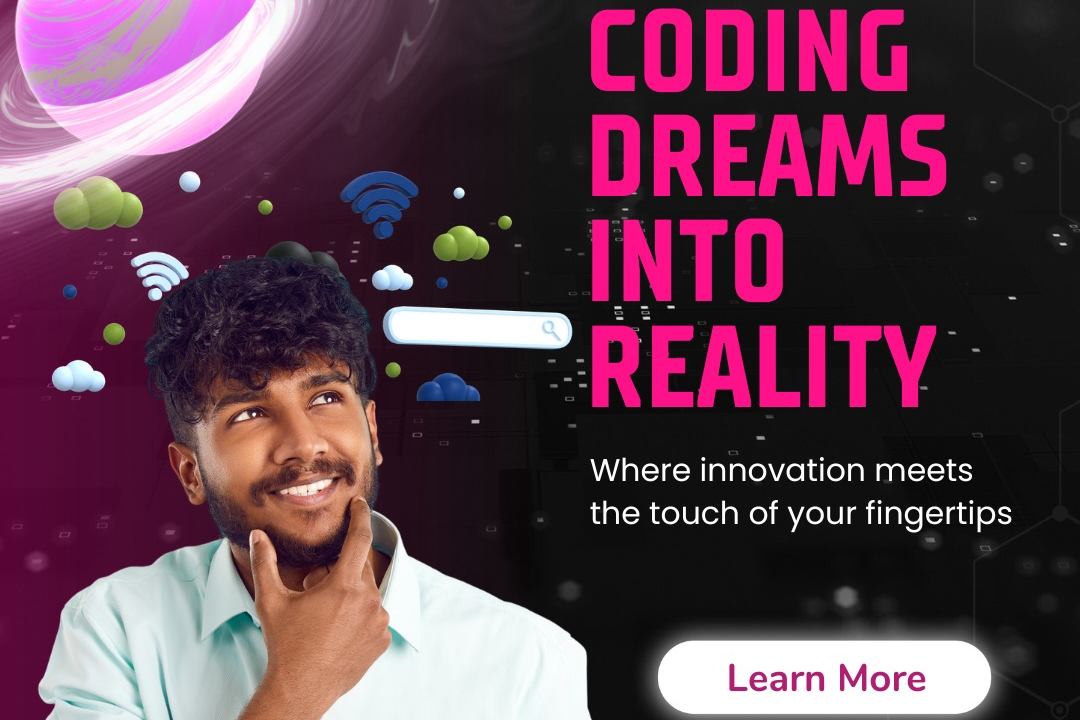Location-Based Services in Android
Enhancing User Experience with Location-Based Services on Android
Location-Based Services in Android
Location-based services (LBS) in Android refer to applications and functionalities that utilize geographical location data to provide context-aware services to users. These services leverage a device's GPS, Wi-Fi, and cellular network capabilities to determine the user's location, enabling features such as navigation, location tracking, geofencing, and location-based advertising. Android provides APIs through the Google Play Services Location API, allowing developers to easily access location data, manage location requests, and handle location updates efficiently. By integrating LBS, apps can deliver personalized experiences, enhance user engagement, and facilitate real-time interactions based on the user's whereabouts.
To Download Our Brochure: https://www.justacademy.co/download-brochure-for-free
Message us for more information: +91 9987184296
1 - Definition of LBS: Location Based Services are applications that utilize the geographic location of a device to offer services or information relevant to that location.
2) GPS Usage: Most Android devices use Global Positioning System (GPS) technology to determine the user's location with high accuracy, enabling powerful location based functionalities.
3) Geofencing: This involves creating virtual boundaries around a specific location. Apps can trigger actions when a device enters or exits a predefined area.
4) Google Maps API: Android provides access to Google Maps API, allowing developers to integrate mapping functionalities, location searches, and route navigation into their applications.
5) Fused Location Provider API: This Google API optimizes battery usage and provides accurate location by combining data from GPS, Wi Fi, and cellular networks.
6) User Privacy: LBS apps must handle user data responsibly, transparently requesting permissions for location access and ensuring user privacy protection.
7) Location Permissions: Android enforces a permissions system (ACCESS_FINE_LOCATION and ACCESS_COARSE_LOCATION) to regulate how apps access location information.
8) Real Time Location Sharing: Many apps allow users to share their real time location with friends or family, enhancing safety and coordination for group activities.
9) Place Recommendations: LBS can suggest nearby places, such as restaurants, shops, or attractions, based on the user's current location or preferences.
10) Tracking and Navigation: Delivery apps and ride sharing services utilize LBS for efficient tracking of vehicles and navigation to provide accurate ETAs (Estimated Time of Arrival).
11) Indoor Positioning: Some applications use LBS for indoor tracking, offering services inside buildings where GPS signals are weak, enhancing user experiences in large venues.
12) Location History: Apps can track location history to offer personalized experiences, such as route suggestions based on frequently visited places.
13) Weather Services: LBS can be integrated into weather applications to provide localized weather forecasts based on the user's current location.
14) Augmented Reality (AR): LBS can enhance AR experiences by allowing digital objects to interact with the user's physical environment based on location data.
15) Emergency Services: In emergencies, LBS can help locate users quickly, allowing first responders to access accurate data about the user’s location for faster assistance.
These points provide a comprehensive overview of Location Based Services in Android, highlighting their functionalities, importance, and applications, perfect for a training program directed towards students.
Browse our course links : https://www.justacademy.co/all-courses
To Join our FREE DEMO Session: Click Here
Contact Us for more info:
computer science and data analytics
Android Bootcamp Nashik
ASP NET Online course
React JS developer
Seo Training Uk











